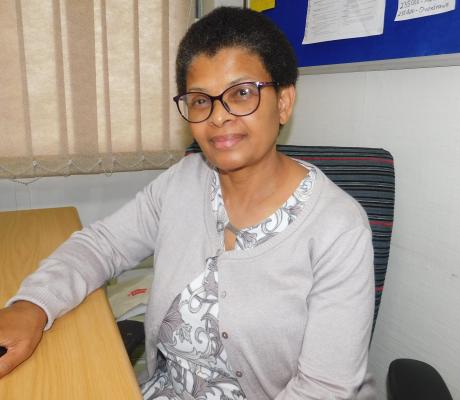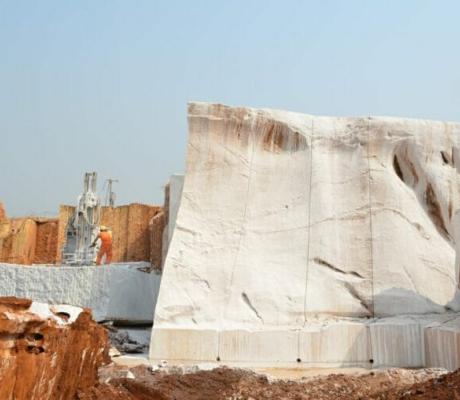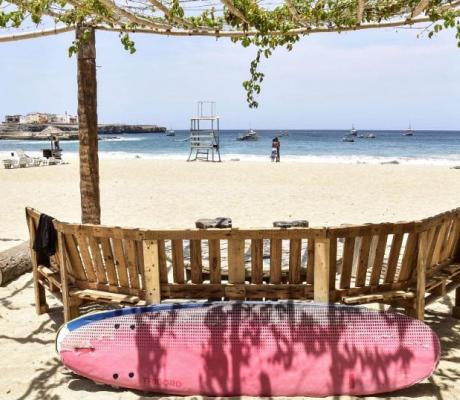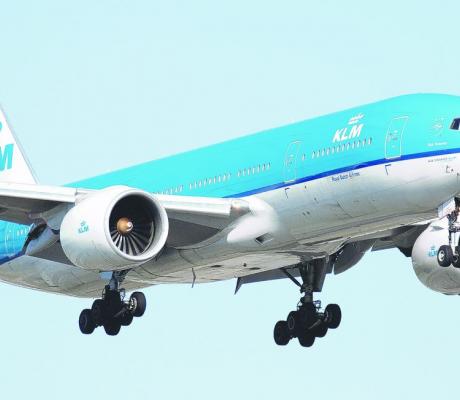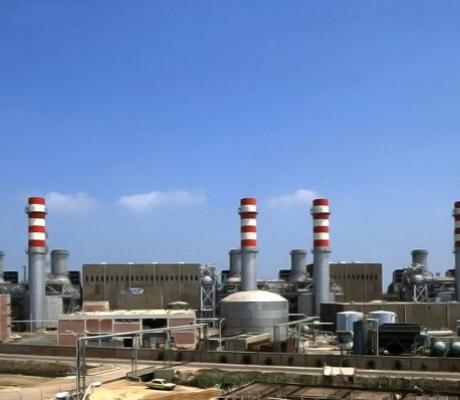Communities in private wildlife conservancies in Kenya are finding it hard to feed their families as the tourism industry continues to struggle from the impact of the coronavirus pandemic.
In the Maasai Mara National Reserve, communities lease their land to investors in exchange for an annual fee. But many will not receive payment this year because of the absence of tourists, which has seen the income of luxury lodges cut dramatically.
The unique economic model has encouraged wildlife conservation and the preservation of Maasai culture.
Jewellery maker Kijolo Kasale told the BBC she was missing the money she got from European tourists.
“When the Europeans used to come, we would sell necklaces, bracelets, men’s ornaments… we would use the money to educate our children… we pray they come back soon.“
This was a sentiment repeated by a number of people working in the area.
But the luxury camps are also suffering, meaning they are not passing money on.
“For every guest that stays in this camp, there is a portion of money the tourist pays that goes directly to the land owners,” Rimoine Ole Kararei, who runs the Entumoto Safari Camp, said.
“Last year this camp alone contributed $35,000 (£28,000) towards the community. This year it will be zero.”
Despite Kenya reopening its airspace for international flights, it will be some time before visitor numbers return to what the area used to see.
Until then, communities will have to scrape by to survive.
Source: bbc.com


